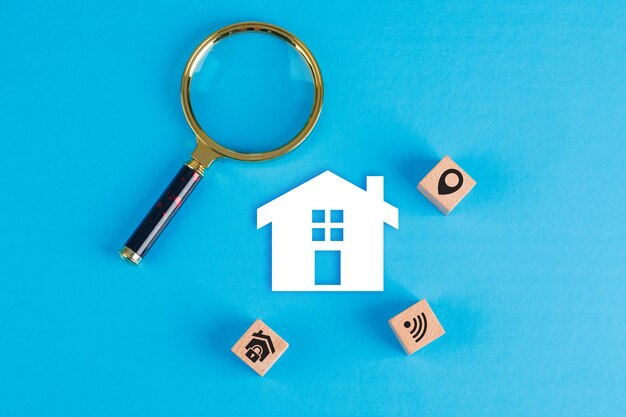
A Home Equity Line of Credit (HELOC) is a way for homeowners to borrow money using the equity in their homes as security, similar to taking out a second mortgage. On the other hand, a Home Equity Loan lets you borrow a set amount with your home equity as collateral. Both options use your home for collateral but have distinct differences with their own benefits and drawbacks.
HELOCs work like a credit card, giving you flexibility for ongoing expenses or projects. They tend to have lower initial costs than home equity loans and offer variable interest rates, which can be favorable if rates go down. You can borrow as needed, up to a limit, during a designated period. Sometimes, the interest on a HELOC can be tax-deductible.
However, because HELOCs have variable interest rates, your borrowing costs might increase if rates rise. Additionally, easy access to funds can lead some people to take on more debt than they can manage. It’s crucial to remember that not repaying the loan could mean losing your home.
Home Equity Loans feature fixed interest rates, so your monthly payments are predictable. They provide a lump sum that’s useful for big expenses or consolidating debt, with a set repayment plan that aids in budgeting.
The downside is that if interest rates go up, your repayments may become more expensive. Like a HELOC, failing to repay a Home Equity Loan can also jeopardize your home.
To secure a HELOC or a Home Equity Loan, start by evaluating your financial situation, including your home’s market value and how much you wish to borrow. Research different lenders for competitive rates and terms, and seek advice if needed. When you’re ready to apply, consider factors such as home equity, credit score, and debt-to-income ratio. Your lender might require an appraisal of your property to determine its value.
Understanding your credit report and ensuring it is accurate is vital, aiming for a credit score of 620 or higher. Also, familiarize yourself with closing costs, which can include fees for applications, title searches, and attorneys, varying based on location and loan type.
Finally, after loan approval, you’ll receive the loan’s terms, such as interest rates and repayment schedule. If everything meets your needs, you’ll sign the loan agreement to conclude the process.
In conclusion, deciding between a HELOC and a Home Equity Loan should align with your financial goals and preferences. It’s important to consider all aspects carefully, as defaulting on these loans could lead to losing your home.